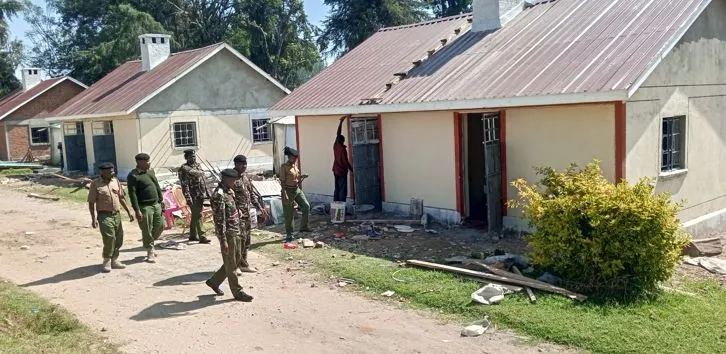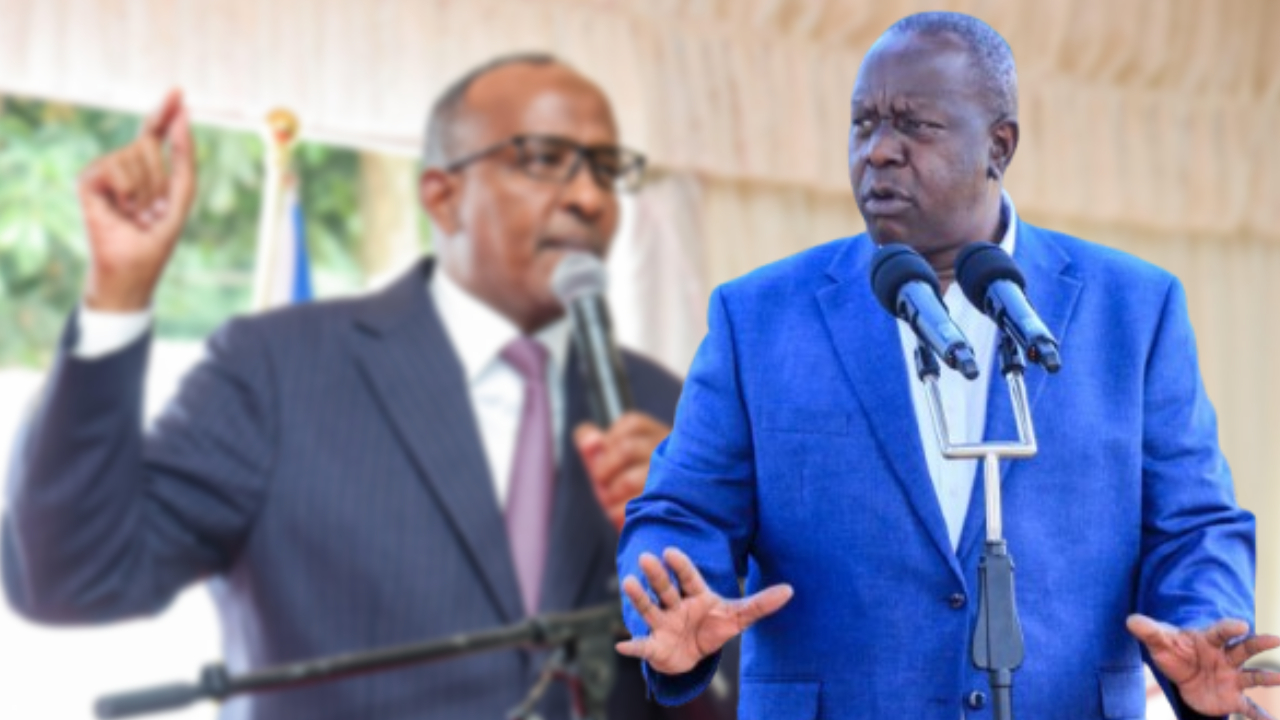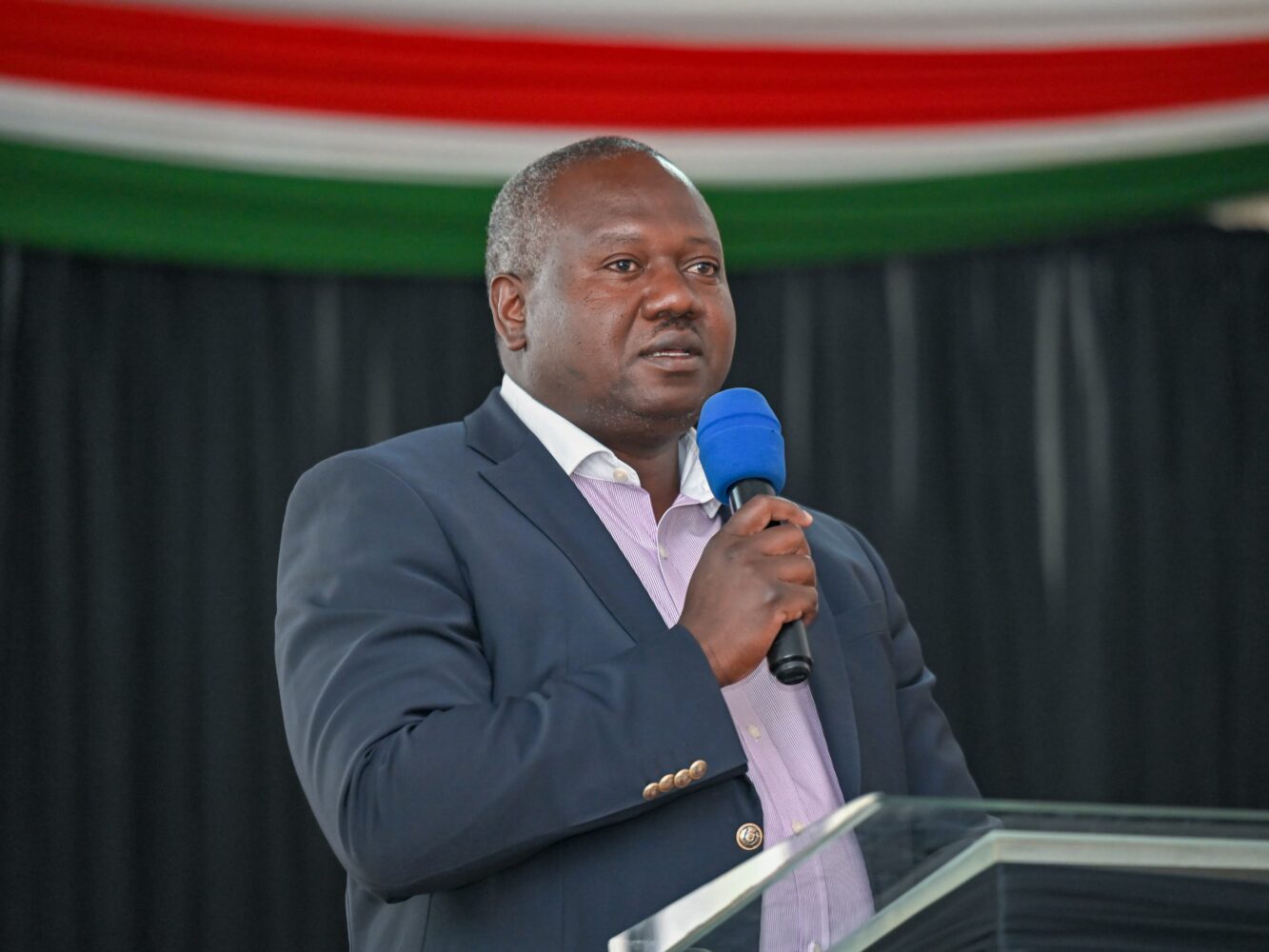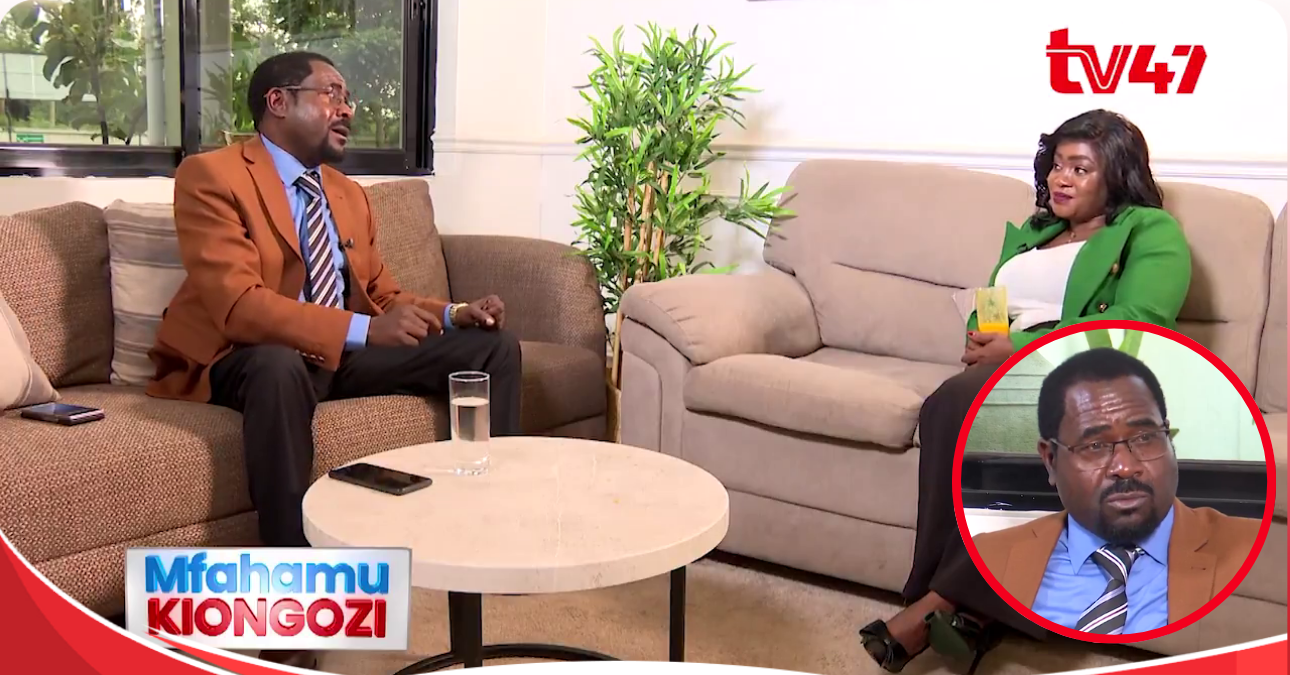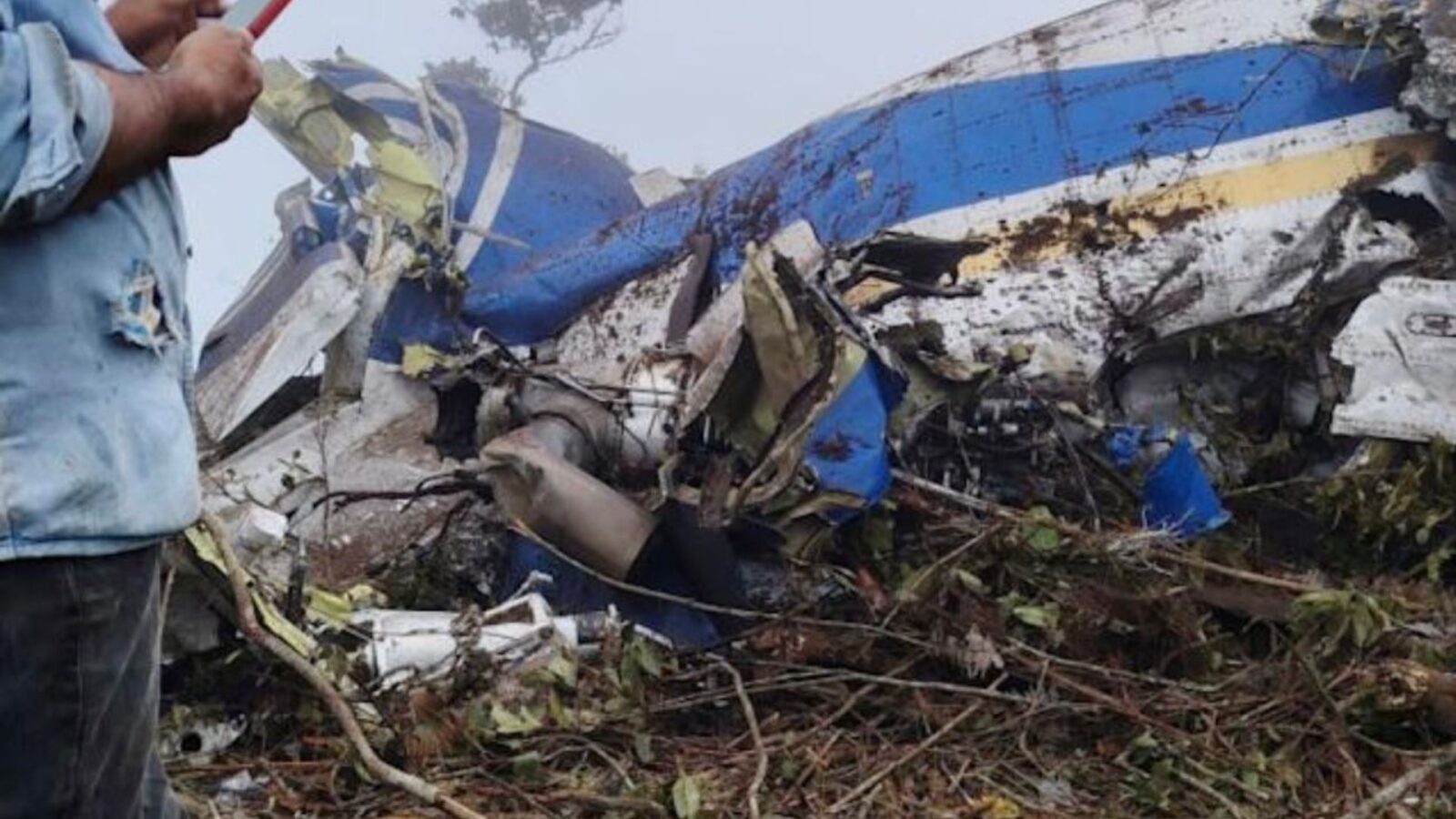The name “police” in Kenya and most parts of Sub-Saharan Africa has become so heavily associated with negativity that few want to be linked with it. The perception is so tarnished that no positive connotations are willingly attached to the institution. This mistrust didn’t start yesterday. Kenya’s policing system was never built to serve, but to control. An instrument designed to protect the empire during the colonial times, not citizens. Though the uniforms have changed, much of that DNA remains, and the public still feels it.
Numbers Don’t Lie
According to a Global Study on Trust in Professions (2014) by German-based firm GfK Verein, only 25% of Kenyans expressed trust in the police, placing them second-last on the trust scale. This number has likely declined further following several high-profile incidents in recent years, including the June 2024 anti-finance bill protests, where at least 50 people lost their lives, according to a report by the Kenya National Commission on Human Rights (KNCHR).
Passion or Pure Desperation?
“Sometimes when I ask students what they would like to become in the future, nobody says ‘police’. And those who by any chance do, are viewed as traitors or laughed at,” says Mr. Mukeli, a primary school teacher from Mukuru Slums, Nairobi.
This paints a disturbing picture. Could it be that most people join the police service not out of passion or interest, but desperation? Has the badge become a last resort, a reflection of Kenya’s alarming youth unemployment crisis?
“Siwezi Kopesha Polisi Mimi”
In Kenya, it’s common to take goods on credit from local shops when times are hard. It’s a quiet understanding between shopkeepers and struggling customers. But for most police officers, even this small dignity is often denied. The fear of being mocked runs down their spine. This is because once the uniform is recognized, so is the burden it carries. At this moment, he is not a police officer, He is a father. A husband. A man trying to care for his family yet met with the wrath of a public perception shaped by years of police brutality, corruption, and impunity , often perpetrated by a few officers as “just following orders.”
You can Speak, But Not About the Service
Unlike other professions like medicine, law, or education where public grievances can be aired freely online or in interviews , police officers in Kenya operate under a code of silence. Communication with the media is restricted to senior officers, starting from the Officer Commanding Police Division (OCPD). Anyone below that rank risks disciplinary action.
According to a statement by the Directorate of Criminal Investigations (DCI) referencing the National Police Service (NPS) Standing Orders, officers are technically allowed to participate in public debate as private citizens. But Standing Order 93 (1) emphasizes that such opinions must “avoid any reference to matters of, or employment with the National Police Service.”
A Raise, But Is It Enough?
Following a presidential directive and recommendations from the Maraga Taskforce Report in 2024, the chairperson of the Police Service Commission recently announced a pay rise. Entry-level police constables will now earn KSh 25,645, up from KSh 21,645. a KSh 4,000 increase. Alongside this, 1,957 officers aged between 53 and 59 who’ve served as constables for over 30 years were finally promoted.
The Loud Irony
Still, there is a very loud irony. Private security guards, whose work scope is arguably narrower, are now supposed to start earning a minimum of KSh 30,000 after a court upheld their sector’s wage standards. While salaries remain tight, living conditions in some police camps are even more troubling. In certain stations, officers still live in cylindrical, colonial-era structures often referred to as “ostrich nests” , outdated structures that are almost uninhabitable. How does one resist the temptation of corruption when the system offers so little dignity?
Maybe, the extreme obedience to orders is just a survival tactic, a hope that someday, maybe, they’ll get a promotion and a little more pay. Like the rest of us, they too are suffocating under over-taxation, high living costs, and the weight of a broken system. Brethren, Can a badge still stand for service and honor when it has become a burden to the very person wearing it?


